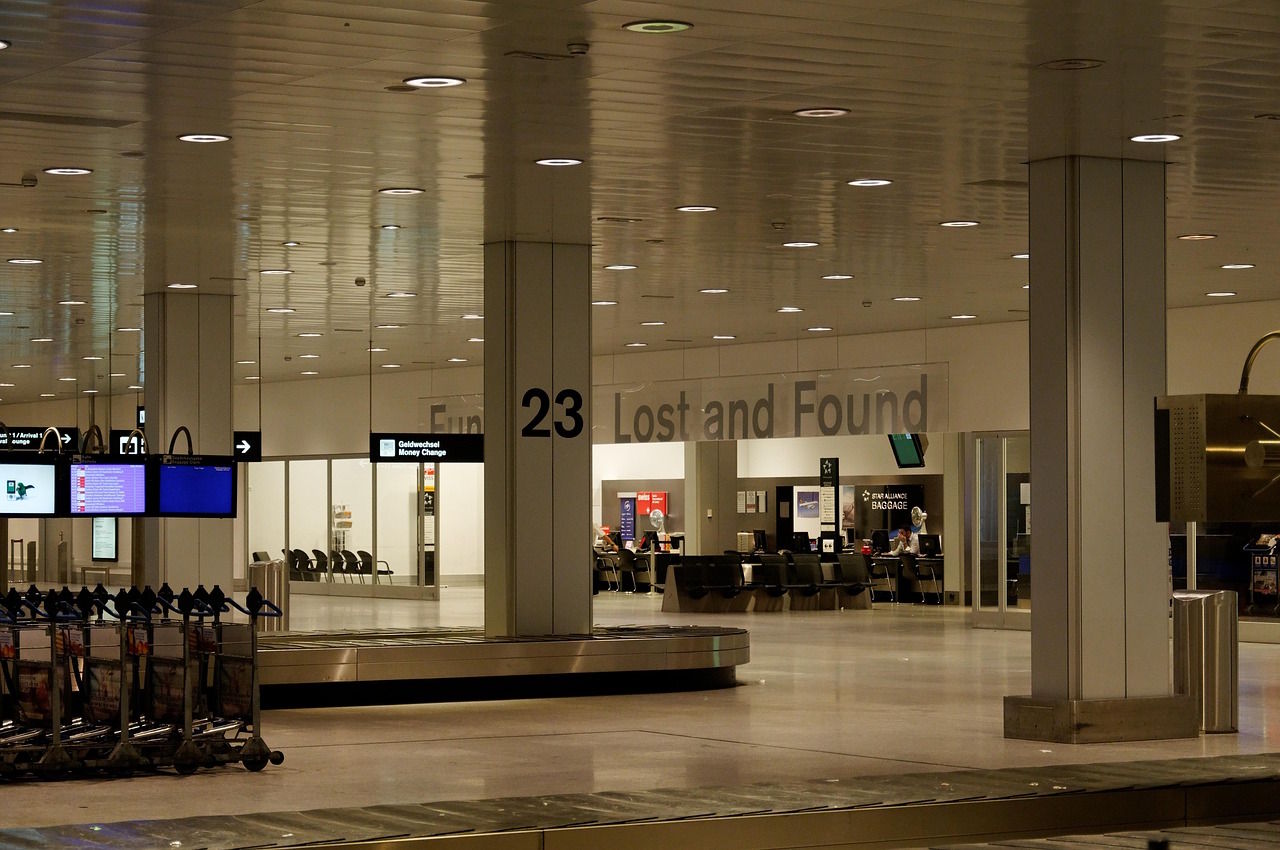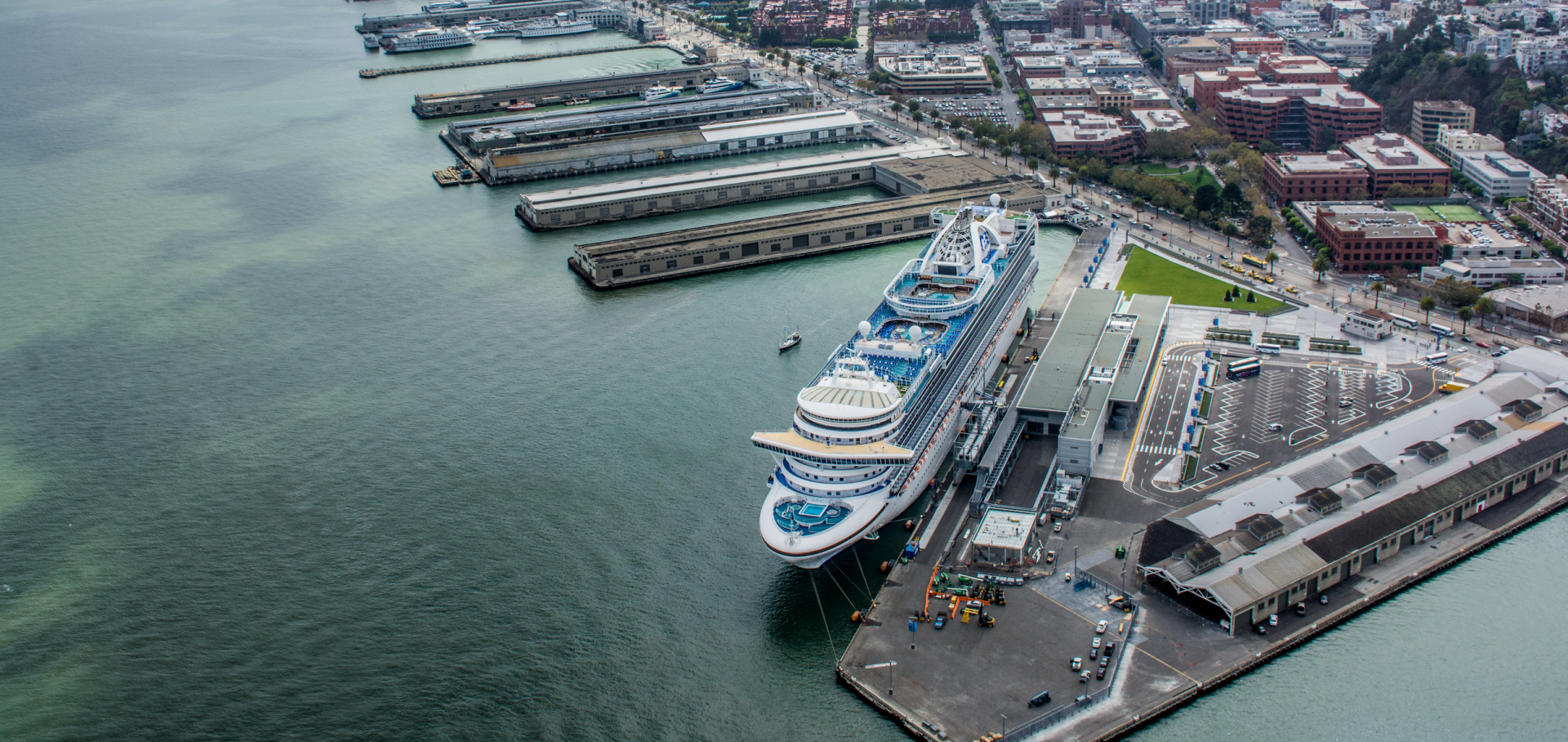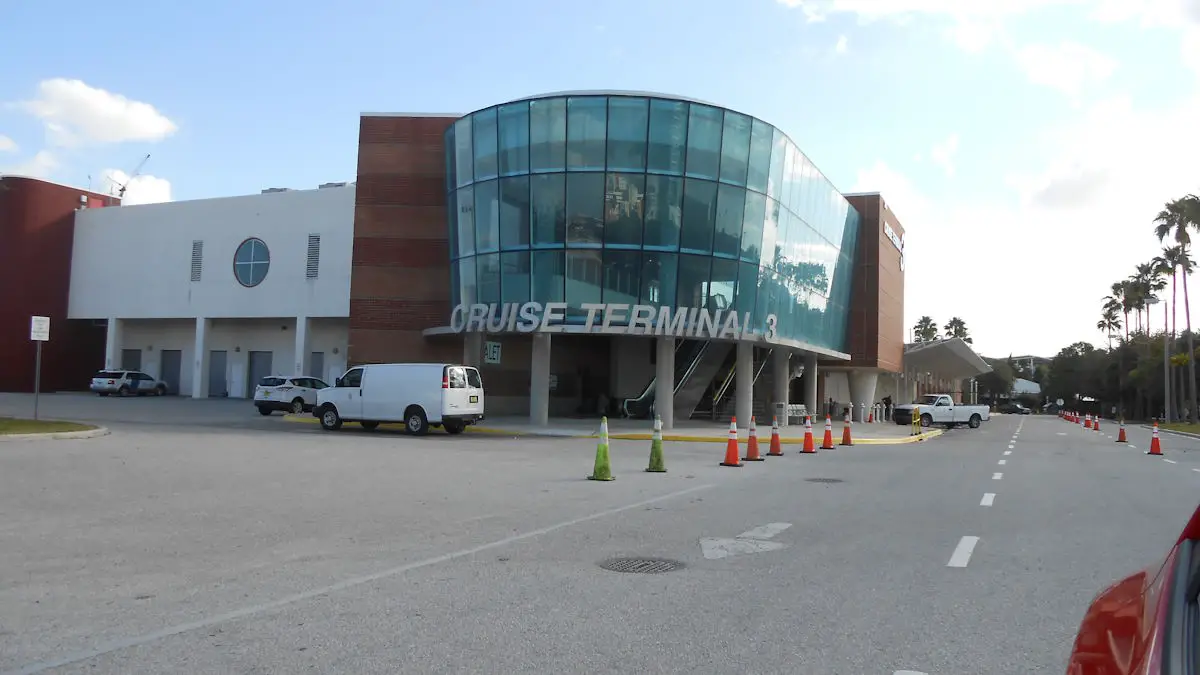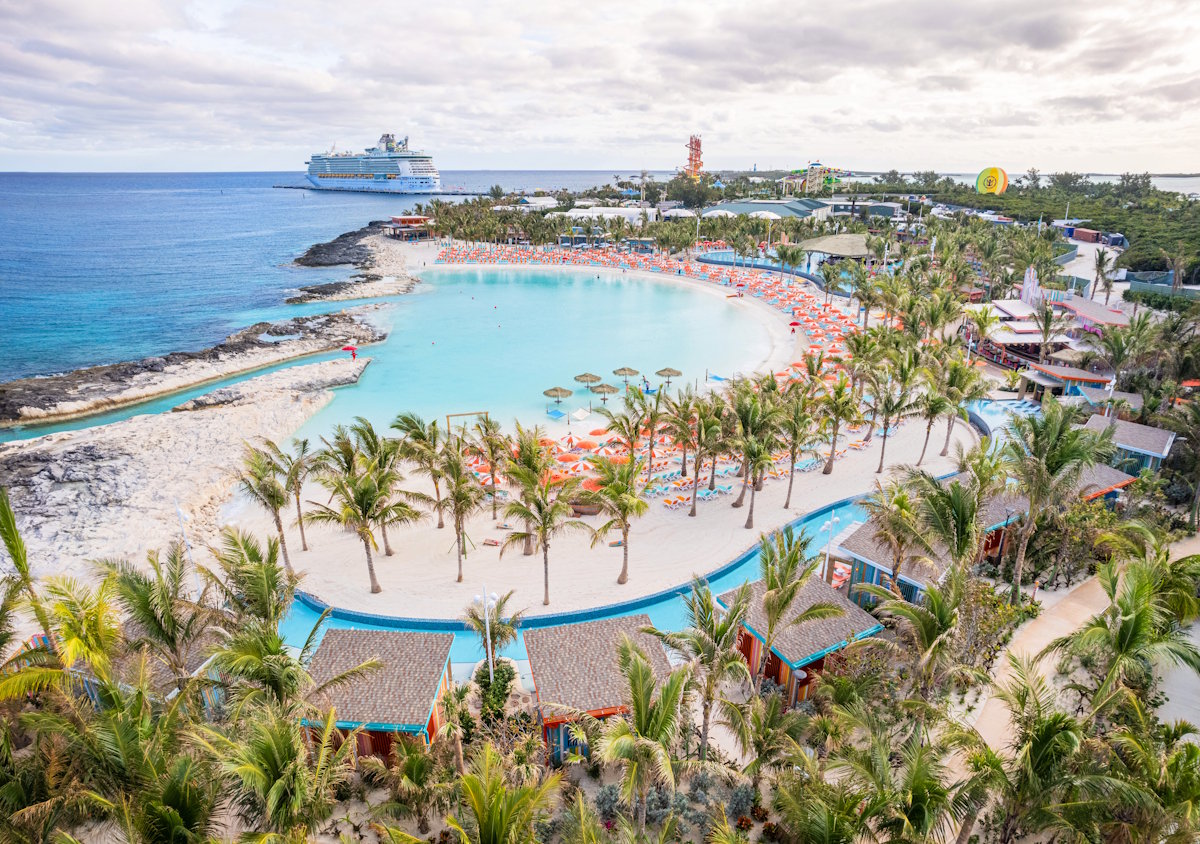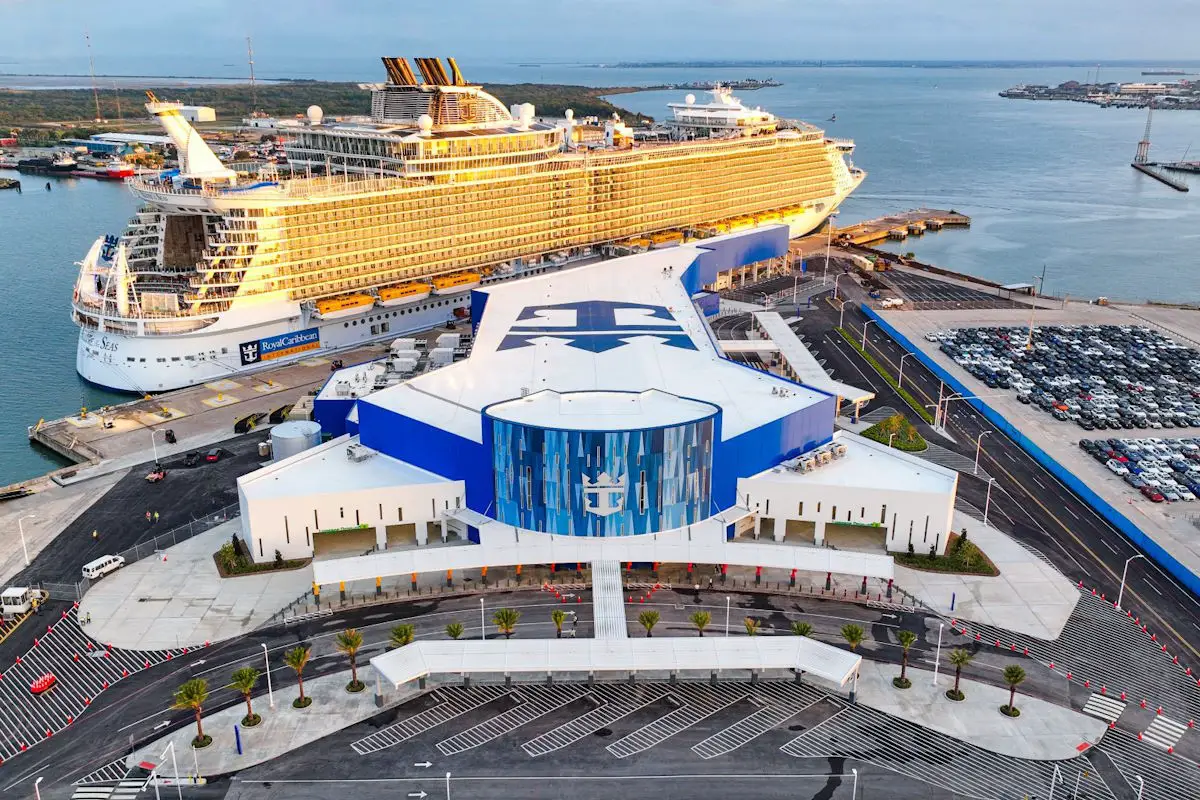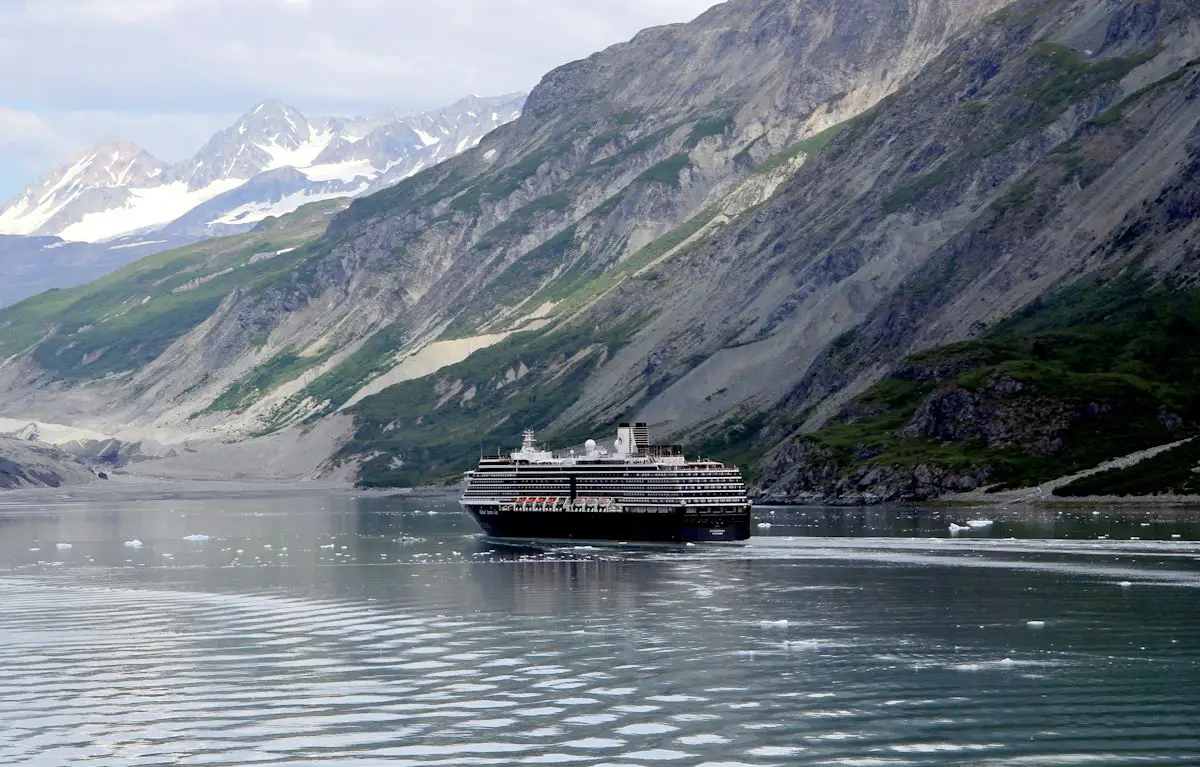Table of Contents
ToggleAnd you thought parallel parking was hard!
Being the captain of a cruise ship is a prestigious and challenging role that comes with a unique set of responsibilities and experiences. Becoming a cruise ship captain is a significant achievement in the maritime industry. It often represents the culmination of many years of hard work, training, and dedication to a career at sea.
Here’s an overview of the skills you need and what it’s like to be a cruise ship captain:
Strong Leadership Skills
As the captain, you are the ultimate authority on the ship. You are responsible for the safety of all passengers and crew members. This includes making important decisions in emergency situations, managing the crew, and ensuring that all onboard operations run smoothly.
Leading a team of skilled professionals on a cruise ship can be personally rewarding. Captains work closely with a diverse crew and have the chance to mentor and guide their team members.
Proficient In Navigation
One of the captain’s primary duties is navigating the ship. This involves plotting courses, reading nautical charts, and using advanced navigation systems to ensure the ship reaches its destinations safely and on time.
A cruise ship’s captain must also consider weather conditions, currents, and other factors that may affect the voyage.
For those of us who find parallel parking a challenge, docking a cruise ship is a complex procedure that needs careful planning, communication and skill. Ships have a propulsion system and side thrusters to help with the process, but can also get assistance from tug boats. All-in-all, it takes skill to make docking a smooth experience.
Unblemished Safety Record
Safety is paramount on a cruise ship. Captains must conduct safety drills, ensure compliance with international maritime regulations, and be prepared to respond to emergencies such as fires, medical incidents, or passenger and crew evacuations.
Each day on a cruise ship can bring new challenges and experiences. A captain needs to be able to handle any and all emergencies to keep everyone on board safe. From navigating complex waters to managing emergencies and interacting with passengers from around the world, the job rarely gets monotonous.
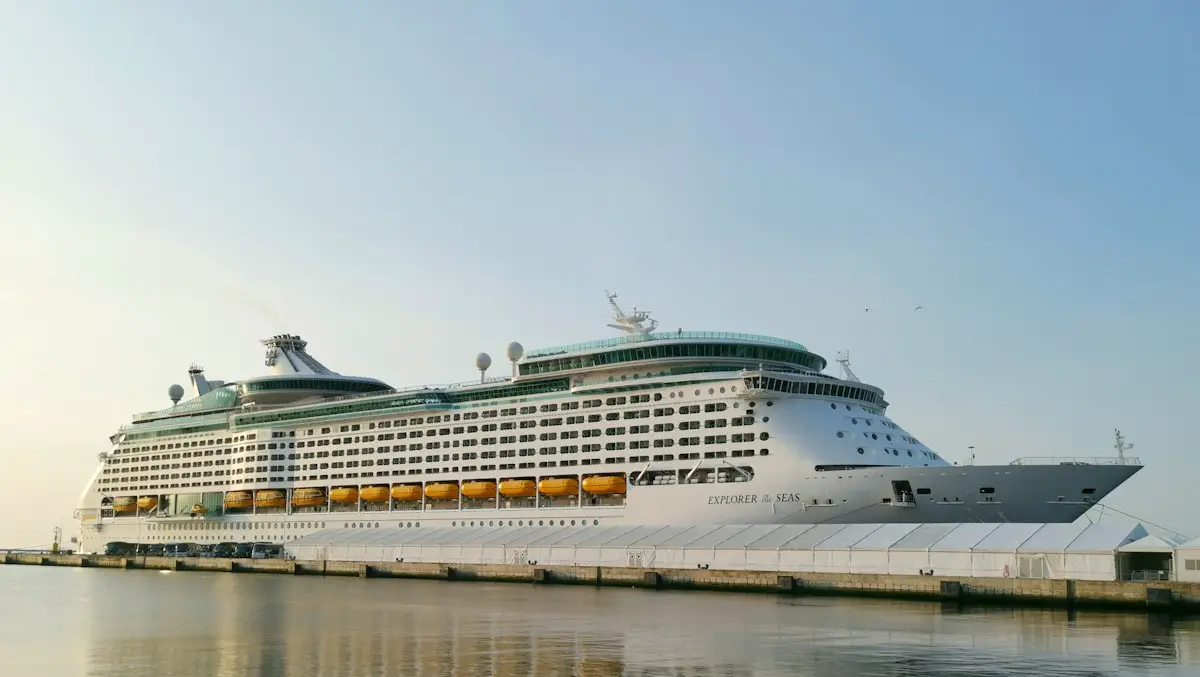
Excellent Communication With Crew And Passengers
Effective communication is essential. Captains must coordinate with various departments on the ship, including the bridge crew, engineering staff, and hotel operations. They also communicate with port authorities and other vessels at sea.
They are also dealing with a diverse set of crew and many cultural differences. The Captain must find a way to create cohesion among all those entities on his or her ship.
Although limited, cruise ship captains often have the chance to interact with passengers during special events and gatherings. These interactions can be enjoyable and provide a sense of connection with the people they serve.
Ability To Work Long Hours
Cruise ship captains often work long hours and may spend several months at sea without a break. The job requires a strong work ethic and the ability to stay focused and alert even during extended shifts.
While the job can be demanding with long hours at sea, it often provides opportunities for extended periods of time off between contracts. This can allow captains to balance work and personal life in a unique way.
Cultural Awareness
Cruise ships host passengers from around the world. Captains need to be culturally aware and sensitive to the diverse backgrounds and expectations of their guests.
Leading a team of skilled professionals on a cruise ship can be personally rewarding. Captains work closely with a diverse crew and have the chance to mentor and guide their team members.
Ability To Assume Responsibility
Captains are responsible for the well-being of their crew members. This includes ensuring that the crew has appropriate training, accommodations, and support services.
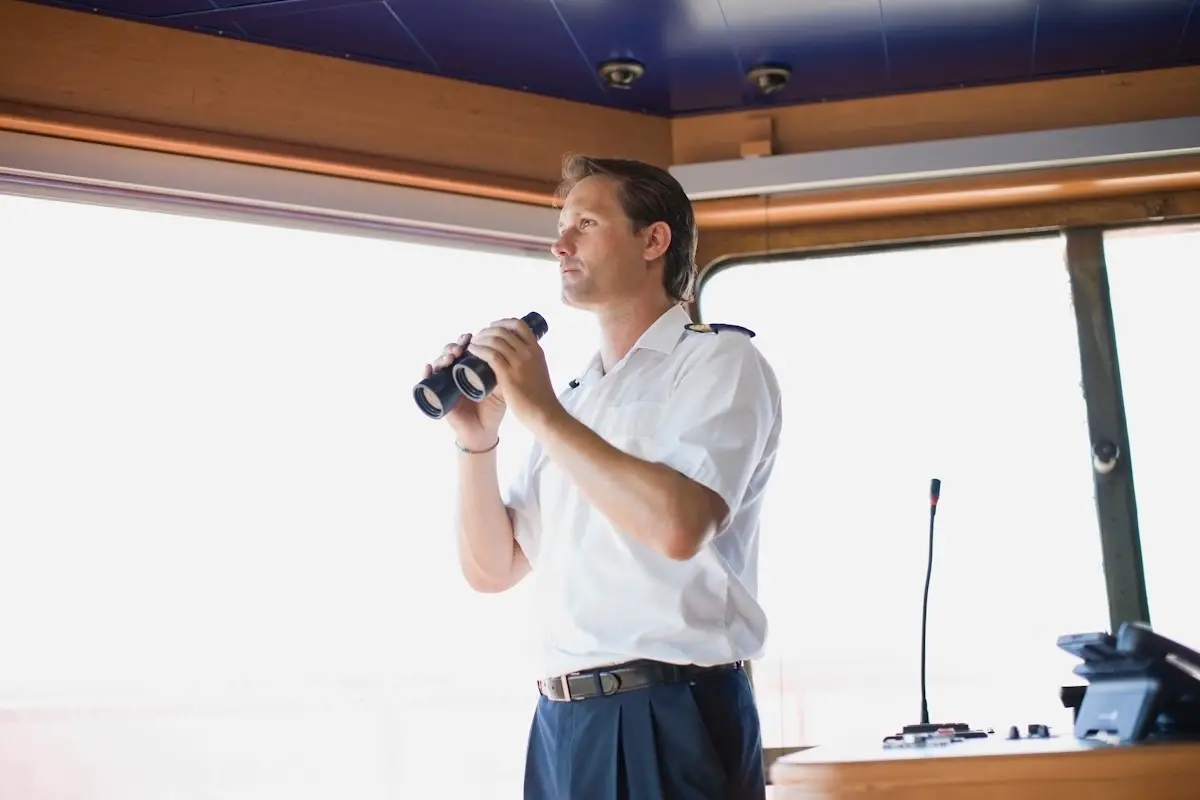
Captains are entrusted with the safety and well-being of everyone on board, and this level of responsibility can be very fulfilling. Knowing that you are responsible for the safe navigation of a massive vessel and the protection of passengers and crew can be a source of pride.
Maintain Regular Maintenance and Inspections
Regular maintenance of the ship is crucial to its safe operation. Captains oversee routine inspections and maintenance tasks, working closely with the ship’s engineering and maintenance teams.
Comfortable With Passenger Interactions
While captains may not have extensive direct contact with passengers, they often participate in formal events and may interact with passengers during receptions or special occasions.
Climbing The Ladder
Becoming a cruise ship captain typically requires years of experience as a deck officer, followed by advanced maritime training and obtaining the necessary licenses and certifications. Many captains have worked their way up through the ranks of the cruise industry.
Love of the Sea
Despite the demanding nature of the job, many cruise ship captains have a deep love for the sea and a passion for travel. They get to visit exciting destinations around the world, although their time ashore is often limited.
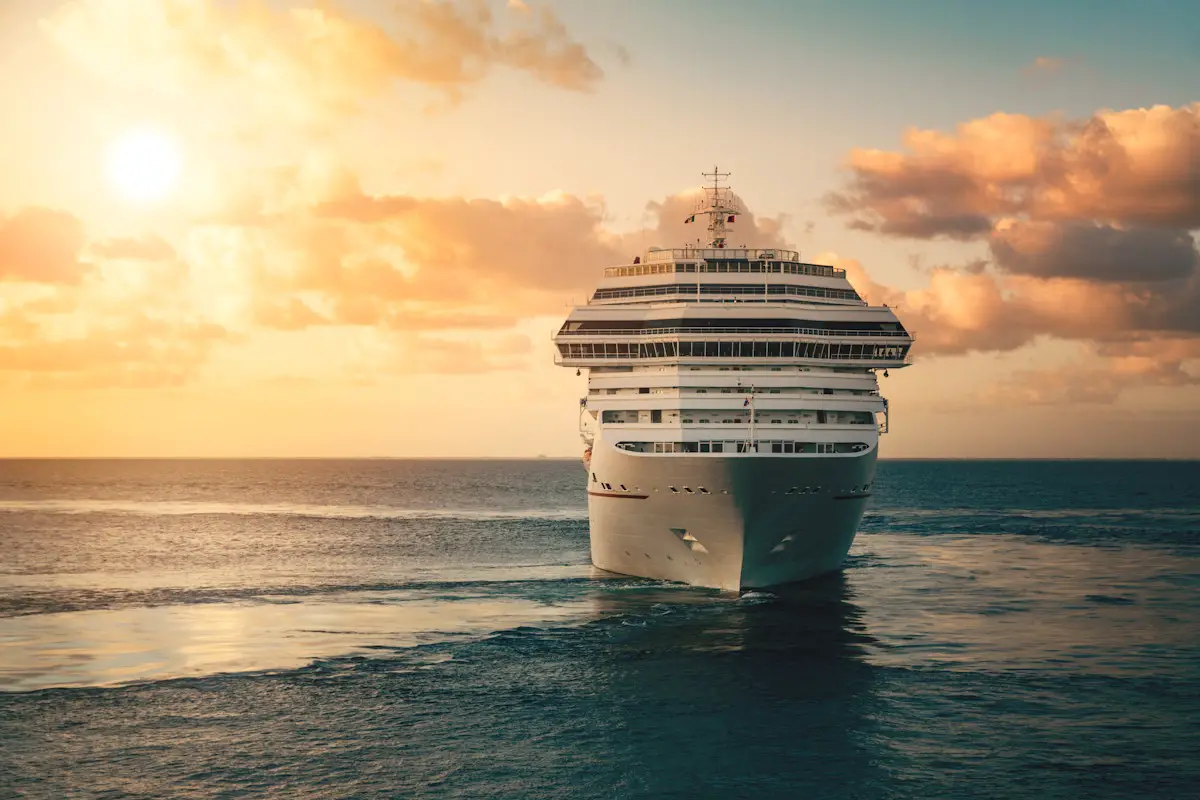
Many captains have a deep love for the sea and a strong connection to the maritime environment. Being on the water and experiencing the ever-changing moods of the ocean can be a powerful and spiritually enriching experience.
Final Thoughts
It’s important to note that while there are many rewarding aspects of being a cruise ship captain, the job also comes with its share of challenges and sacrifices, including extended periods away from family and friends and the need to manage high-stress situations.
Ultimately, the best thing about being a cruise ship captain may vary depending on the individual’s perspective and personal preferences.
Being a captain of a cruise ship is a prestigious and challenging career that demands a high level of responsibility, leadership, and maritime expertise. It offers the opportunity to travel the world and experience a unique blend of adventure and professionalism.
However, it also requires a strong commitment to safety and a willingness to work long hours in a highly regulated and complex environment.
Questions That Ship Captains Have Been Asked
Captains have had their fair share of questions from passengers, and many cruise lines offer a “Q&A” sessions with the Captian and other officers of the ship. If you ever have the opportunity to attend one, it is worth the time.
Here are some real questions that have been asked:
Is there a jail onboard? Yes, there is. It is called the brig.
How many people die on a cruise each year? An average of about 200 people each year die while on a cruise, most of those due to a cardiac event. With about 31.5 million people cruising each year, that isn’t a bad average.
Could I steer for a while? No.
Am I on a ship or a boat? You are on a ship. The best way to remember this is, you can put a boat on a ship, but you can’t put a ship on a boat.
Who steers the ship when you are sleeping? There are always two captains onboard a cruise ship. A Ship’s Captain and the Staff Captain as well as a number of officers.
Have you ever left a passenger behind? No. However, there have been occasions when a passenger decided not to be on board when we sailed.
Does the crew sleep on board? (Really?) Yes they do.
This page contains affiliate links for which we may receive financial compensation when a purchase has been made through one of our affiliate partners.
About Jonathon Hyjek
Jonathon is the tech guy behind CruiseportAdvisor.com. When he's not stuck in front of his computer, Jonathon enjoys travel & cruising (even after being on a cruise ship that caught fire - a story for another day!)


